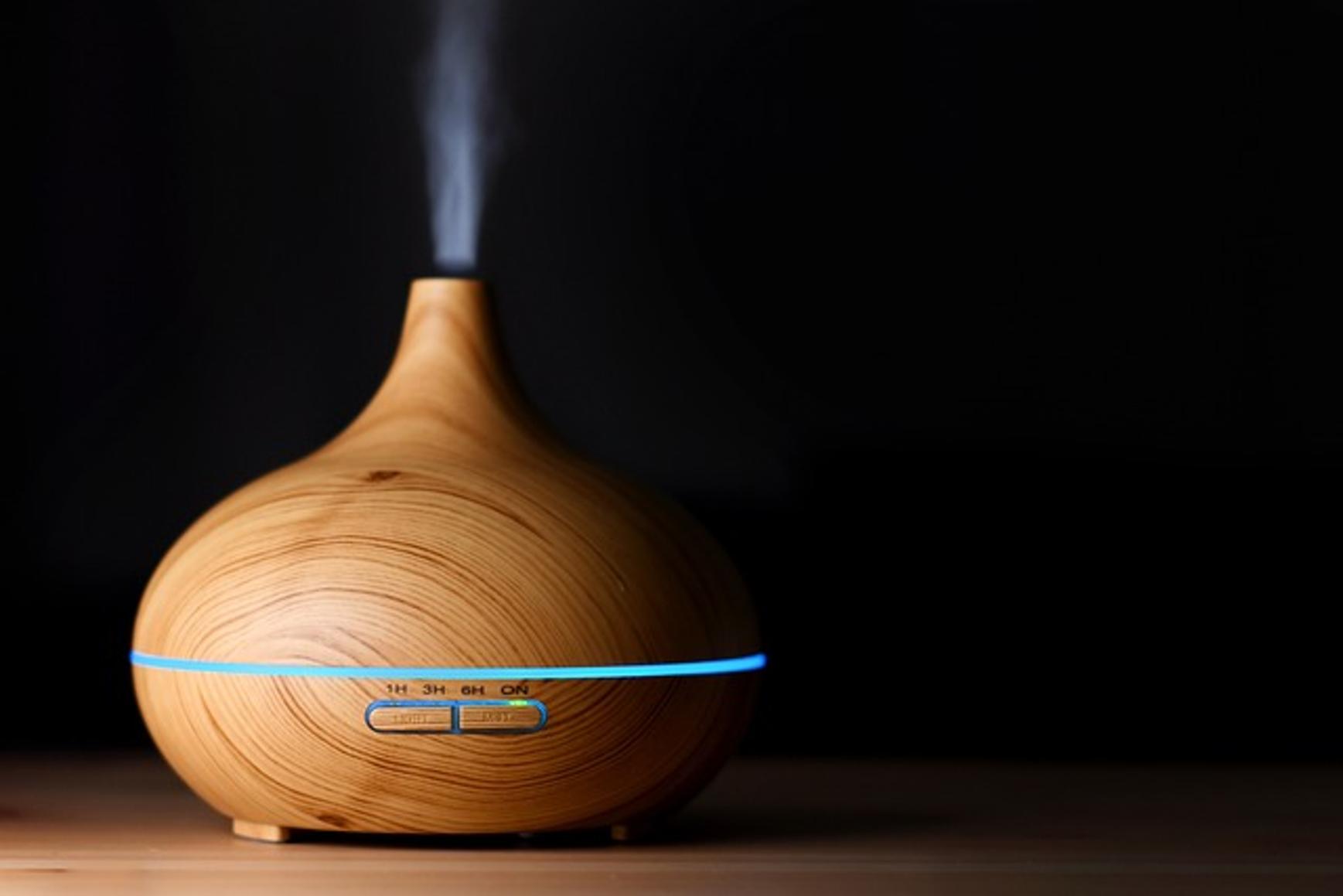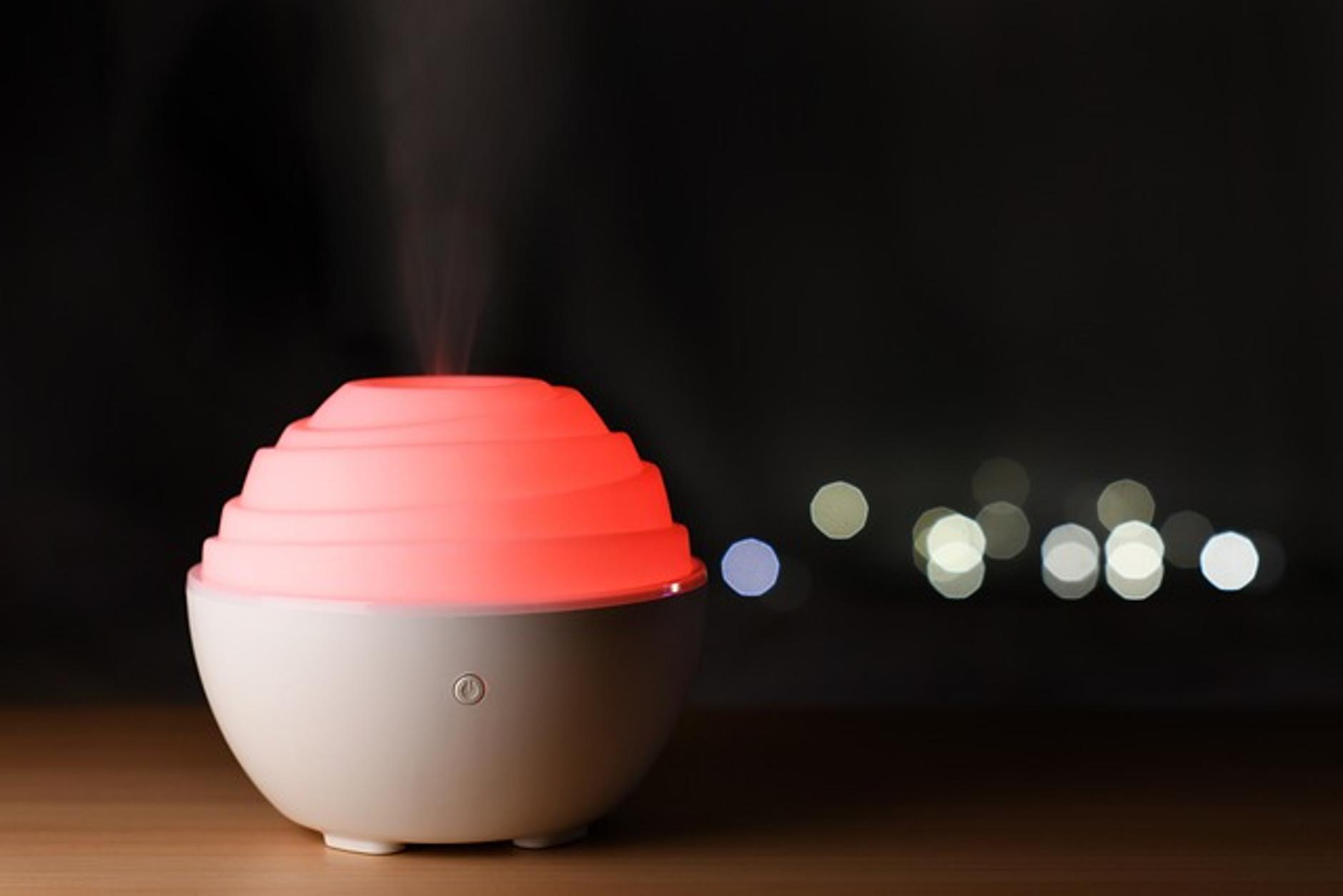Can a Humidifier Help with Snoring? Discover the Truth
Introduction
Snoring isn’t just a minor nighttime annoyance; it can disrupt sleep quality for you and your partner. With various snoring solutions available, some being more invasive than others, you may wonder about the effectiveness of simpler alternatives. One such option is using a humidifier. Could this be the game-changer for better sleep? This article delves into whether a humidifier can indeed help with snoring, providing you with a thorough understanding and actionable steps to improve your night’s rest.

Understanding Snoring
Snoring occurs when airflow through the mouth and nose is partially obstructed during sleep. This obstruction can be caused by several factors, including the relaxation of the muscles in the throat, a deviated nasal septum, and even the sleeping position. The vibrations of these soft tissues result in the familiar, often loud, sounds we know as snoring.
Understanding the root cause of snoring is crucial for determining the appropriate remedy. While lifestyle factors such as obesity and alcohol consumption can exacerbate snoring, environmental factors, including humidity levels, also play a significant role. Dry air can irritate the nasal passages and throat, leading to congestion and more severe snoring.
The Role of Humidity in Sleep Quality
Humidity levels in your sleeping environment can profoundly affect sleep quality. The ideal indoor humidity level for comfort and health falls between 30% to 50%. When humidity levels drop below this range, the air becomes dry, which can irritate the respiratory tract.
Dry air can cause mucous membranes in the nose and throat to dry out, leading to swelling and congestion. This can make snoring worse and disrupt sleep quality. By understanding this connection between humidity and respiratory health, we can explore how maintaining optimal humidity levels might aid in reducing snoring and improving sleep.
How Humidifiers Work
Humidifiers are devices designed to add moisture to the air. They work by converting water into vapor and dispersing it throughout the room. There are several types of humidifiers, including:
- Evaporative Humidifiers: Utilize a wick filter to absorb water, which a fan then helps to evaporate into the air.
- Ultrasonic Humidifiers: Use ultrasonic vibrations to produce a fine mist, which is then released into the room.
- Steam Vaporizers: Heat water to create steam, which is then cooled before it exits the machine.
Adding moisture to the air can alleviate dryness in the respiratory system, making it easier to breathe and potentially reducing snoring.

Benefits of Using a Humidifier for Snoring
Incorporating a humidifier into your daily routine could offer several benefits aimed at reducing snoring:
- Eases Breathing: By maintaining optimal humidity levels, a humidifier can help keep your nasal passages and throat moist, reducing the likelihood of congestion.
- Reduces Irritation: Moist air can reduce the irritation and swelling of the soft tissues in the throat, lowering the chances of airway obstruction.
- Improves Sleep Quality: Humid air can be more comfortable to breathe, facilitating better sleep quality for both you and your partner.
- Prevents Dryness: Dry air can exacerbate other conditions related to snoring, such as sleep apnea. By preventing dryness, a humidifier indirectly helps alleviate some symptoms of sleep apnea.
- Enhances Overall Health: Balanced humidity can improve respiratory health, reducing the incidence of infections and allergies, which could also contribute to snoring.
Choosing the Right Humidifier for You
Selecting the appropriate humidifier requires considering several factors to ensure it meets your needs effectively:
- Room Size: Humidifiers are designed based on the room size they can humidify. Ensure you select a model suitable for your bedroom size.
- Type of Humidifier: Decide between an evaporative, ultrasonic, or steam vaporizer based on your preferences and conditions.
- Maintenance Needs: Some humidifiers require more frequent cleaning and part replacement. Consider how much time you are willing to dedicate to maintenance.
- Noise Level: Ensure the humidifier operates quietly to avoid disrupting your sleep.
- Additional Features: Look for features such as adjustable mist settings, automatic shut-off, and built-in hygrometers to monitor humidity levels.

Tips for Using Humidifiers Effectively
To maximize the benefits of using a humidifier, follow these tips:
- Place it Wisely: Position the humidifier in an area where the mist can distribute evenly throughout the room.
- Maintain Proper Water Levels: Ensure the humidifier has enough water to operate effectively throughout the night.
- Regular Cleaning: Clean the humidifier regularly to prevent mold and bacteria build-up, which could negate its health benefits.
- Use Distilled Water: Using distilled water can reduce mineral deposits in the humidifier, ensuring it operates more efficiently.
- Monitor Humidity Levels: Use a hygrometer to check that humidity levels stay between 30% to 50% to prevent excess moisture, which could lead to mold growth.
Conclusion
While a humidifier may not be a miracle cure for snoring, it can play a significant role in improving sleep quality by maintaining optimal humidity levels. By reducing dryness and irritation in the nasal passages and throat, a humidifier can help alleviate one of the contributing factors to snoring. For best results, choose the right type of humidifier for your needs and follow best practices for its use. Combined with other healthy sleep habits, a humidifier can make those nights quieter and more restful for both you and your partner.
Frequently Asked Questions
Can using a humidifier completely stop snoring?
A humidifier can help reduce snoring if dry air and irritated nasal passages or throat are contributing factors. However, it may not completely stop snoring caused by other underlying issues such as sleep apnea or anatomical differences. For severe snoring, consult a healthcare provider for a comprehensive evaluation.
How long does it take for a humidifier to show results in reducing snoring?
The timeframe can vary based on individual conditions and the severity of snoring. Some people may notice improvements within a few days, while for others, it might take a few weeks of consistent use to see a notable difference in snoring and sleep quality.
Are there any side effects to using a humidifier?
Generally, humidifiers are safe to use. However, improper maintenance can lead to mold and bacteria growth, which could exacerbate respiratory issues. Always clean the humidifier regularly and use distilled water to minimize potential risks.

